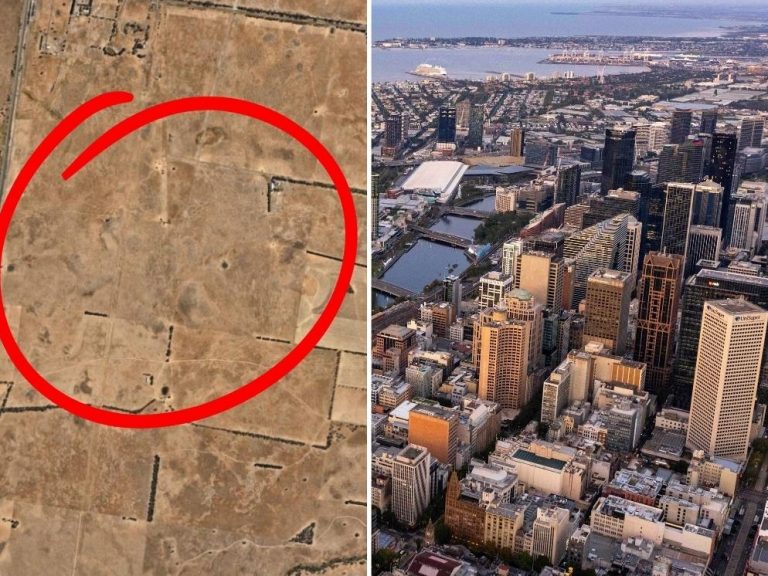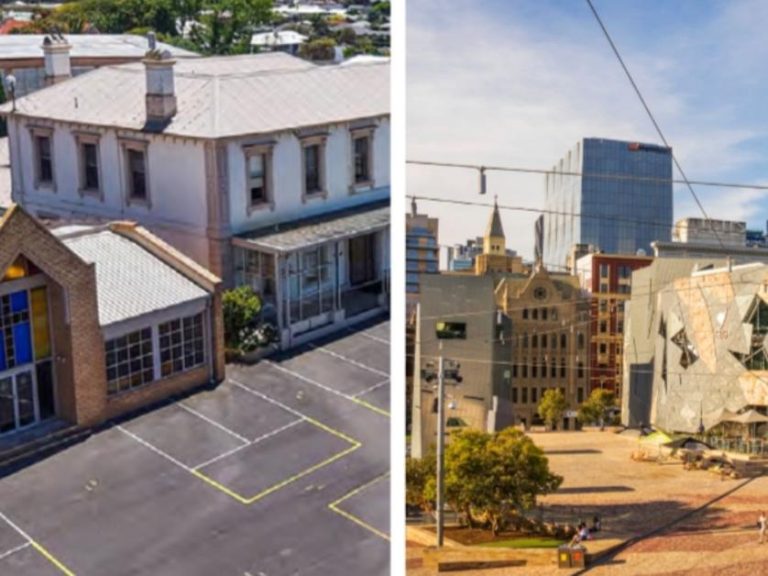Sentinel’s Caneland swoop to break regional mall drought

The centre has plans approved for an expansion and new cinema. Picture: Mark Merton
Sentinel Property Group has kicked off a capital raising for its near $300m purchase of Caneland Central shopping centre in Mackay from a Lendlease-run fund which has owned the mall for about two decades.
The capital will be poured into buying the central Queensland centre in a play that would break the relative drought of regional shopping centre sales this year.
A host of big properties have hit the market but sales have been delayed due to gyrations in bond rates and difficulties in pinning down finance.
The sale also reveals the dramatic re-rating the sector has undergone, particularly in the wake of the coronavirus crisis and the shift to online retailing, although it does show that deals can be done.
JLL’s Nick Willis and Sam Hatcher are handling the sale.
Sentinel chief Warren Ebert said the shopping centre was valued at $600m at its peak and although such a steep fall off is unlikely to be replicated across many centres it shows the hit to values in the sector.

The shopping centre was valued at $600m at its peak.
This is mainly reflected in valuations as most of the big hits were taken immediately after or during the coronavirus crisis, though some more pain could be to come if interest rate rises are prolonged.
But Sentinel’s commitment to purchasing the Mackay mall shows that dominant centres will continue to attract investment and generate relatively high returns.
The Sentinel trust will spin off an initial 7 per cent annually, rising to 7.5 per cent in its second year and the fund manager will also look at ways to bring new retailers into the centre.
Sentinel bought Darwin’s Casuarina Square shopping centre from the GPT Group and its shopping centre fund for $397m in February and sees the opportunity to bring some brands which are open there to Mackay.
“There are similarities with Caneland,” Mr Ebert said.
“We were surprised by the number of national and international tenants that aren’t there.”
The cost of rent for retailers at the centre is running at just over 12 per cent of turnover and it sees the opportunity to both lift this and spending per visit by bringing in new categories including sports stores.
“A lot of the larger institutions – particularly offshore – have started jumping back into the field in a big way,” Mr Ebert said.

Warren Ebert from Sentinel Property Group said there was opportunity to bring new brands to the Mackay centre. Picture: AAP Image/Richard Waugh
The centre is being purchased on a yield of 7.86 per cent and at more than 50 per cent below its replacement cost of about $600m. The property spans 65,964sq m on a site of 134,500sq m and has 3076 carparking bays.
The centre underwent an extensive $230m redevelopment in 2011 and it is anchored by Woolworths, Coles, Target, Big W and Myer, along with 12 mini-majors, It has 161 specialties, 21 kiosks, 1 ATM, and two pad sites.
The centre dominates its trade area and demographer Bernard Salt recently forecast Mackay to be in the top 20 sized cities in Australia by 2054.
“We’re not investors in the CBD where there is so much competition,” Mr Ebert said. “You go to regional areas where you dominate,” he added, noting that consumers in the area were cashed up and returning to malls.
Sentinel adds that the property has no genuine competition from online retailers, with significantly longer delivery wait times to regional areas, even as cities are swamped with last- mile delivery options.
The post-pandemic retail revival has seen consumers returning to shopping centres and Caneland Central is benefiting as the only regional shopping centre in the area.
Sentinel already manages $1.085bn of property across 35 assets, of which nine are retail assets worth about $653m. The group is well established within the Mackay region with 13 assets worth about $139.9m.
The centre has approved plans for a further 5500sq m expansion and development for a new cinema and food and beverage precinct.






